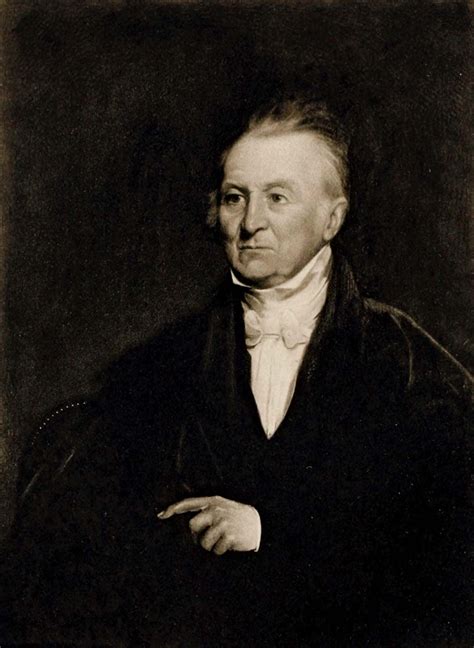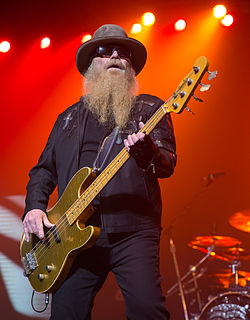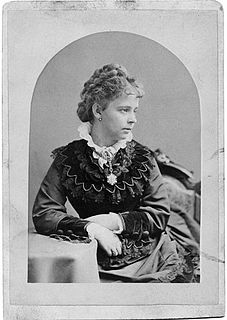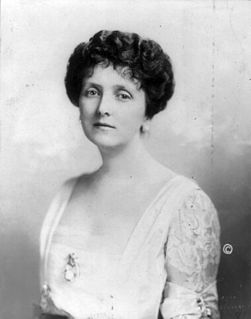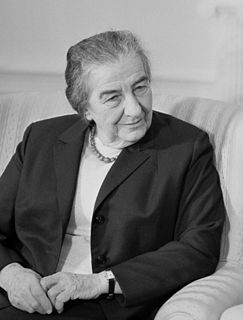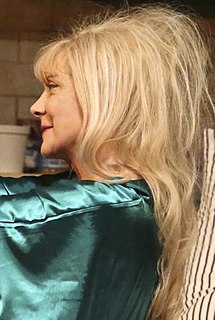A Quote by Samuel Pepys
Poorpeoplestaying intheir houses aslong astill thevery fire touched them, and then running into boats or clambering from one pair of stair by the waterside to another. And among other things, the poor pigeons I perceive were loath to leave their houses, but hovered about the windows and balconies till they were some of them burned, their wings, and fell down.
Related Quotes
And there were times when one yielded quite shamelessly to the sentimental. They were more likely to be times of crickets, I think, than of birds - when it was impossible not to feel, like another essence of the sunlight, the bittersweet of life that lingers about old houses, and places where men have died, and things that forgotten hands have touched.
I felt a funeral in my brain, and mourners to and fro kept treading, treading till I felt that sense was breaking through. And when they all were seated, a service, like a drum, kept beating, beating, till I felt my mind was going numb. And then I heard them lift a box and creak across my soul with those same boots of lead again, then space began to toll, as if the heavens were a bell and being were an ear, and I, and silence, some strange race wrecked, solitary, here. Just then, a plank in reason broke, and I fell down and down and hit a world at every plunge, and finished knowing then.
I would buy a house, and try to buy a house every month. I didn't have education or information about real estate at the time. I learned after I bought a few houses, and then I kind of fell in love with the rehabbing of the houses and fixing them up and just the whole process and turned it into a business.
Beautiful men and women with distorted shadows came and scorched their handprints onto doors before vanishing skyward, drafts of heat billowing behind them with the whumph of unseen wings. Here and there, feathers fell, and they were like tufts of white fire, disintegrating to ash as soon as they touched the ground.
It is a dreadful thing to see the dead city. Next to the port I found children, women, the old, waiting for a way to leave. I entered the houses, there were houses where the coffee and pita bread were left on the table, and I could not avoid [thinking] that this, indeed, had been the picture in many Jewish towns [i.e., in Europe, during World War II].
It was the first time I was looking, really, right after the storm, that I saw maybe the amount of devastation that had happened in the Lower Ninth Ward. Where my friends lived, which was about six blocks from where the industrial canal was, houses was smashed into houses, and there were, like, four houses smashed together.
Brantford was the fixed point of my universe, growing up. Both sets of grandparents lived there, with various cousins and uncles and aunts, and no matter how far we'd moved off, we came back there for regular visits. In a way no other houses have ever been, my grandparents' houses were 'home,' and the sale of the last of those houses was hard.




